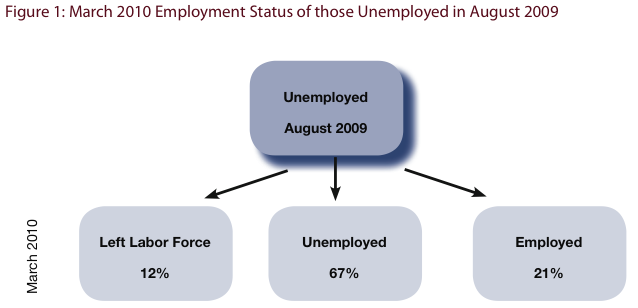
Not that it's all that important but today for the first time in a year, the Pollster aggregate of polls on the health care law has seen the "favor" and "oppose" lines cross.

Wonk
n. a person who studies a subject or issue in an excessively assiduous and thorough manner: a policy wonk.
If I edited a major publication -- or even a medium-size one -- I would begin each major legislative battle by detailing a few of my smartest, clearest writers to create a hyperlinked, fairly comprehensive, summary of the basic legislation. That summary would be updated throughout the process, and it would be linked in every single story written on the topic. As reader questions came in, and points of confusion arose, it would be expanded, so by the end, you'd have a document that was current, comprehensive, navigable and responsive to the questions people actually had about the legislation. Telling people what just happened is undeniably important, but given that most people aren't following that closely, we in the media need to do a better job of telling people what's been happening.
A German student "mooned" a group of Hell's Angels and hurled a puppy at them before escaping on a stolen bulldozer, police have said.
The man drove up to a Hell's Angels clubhouse near Munich, wearing only a pair of shorts and carrying a puppy. He dropped his shorts and threw the dog, escaping on a bulldozer from a nearby building site. He was arrested later at home by police.
The 26-year-old is said to have stopped taking depression medication. After making his getaway on the bulldozer, he had driven so slowly that a 5km tailback built up behind him on the motorway.
After driving about 1km, he had abandoned the bulldozer in the middle of the motorway, near Allershausen. He continued his journey by hitchhiking.
"What motivated him to throw a puppy at the Hell's Angels is currently unclear," a police spokesman said. The puppy is now being cared for in an animal shelter.
"Farming this way would have required less energy and use of chemicals such as fertilisers, whose production involves emissions of CO2 and whose use generates nitrous oxide, another greenhouse gas. However, additional emissions from the extra land clearance, releasing carbon stored in trees and soil, would have been the more important factor by far."
The State Consortium on Health Care Reform Implementation (State Consortium) was formed to provide coordinated and trusted information to states concerning the implementation of federal health reforms. The goals of the consortium are to provide states with technical assistance about requirements, offer options and best practices, and synthesize feedback to federal agencies on issues that affect state implementation. [...]
The State Consortium will focus on aspects of the health reform law that are likely to have the biggest effect on states – the Medicaid expansion, the establishment of health insurance exchanges, insurance regulations, and delivery system initiatives, along with important governance, coordination and timing issues for states. Resources in each of these areas are available here and on each of the Consortium members' websites.
 The National Governors Association
The National Governors Association The National Association of Insurance Commissions
The National Association of Insurance Commissions The National Association of State Medicaid Directors
The National Association of State Medicaid Directors The Nat'l Academy for State Health Policy
The Nat'l Academy for State Health Policy

One sector of the market, which I have termed elsewhere the primary market, offers jobs which possess several of the following traits: high wages, good working conditions, employment stability and job security, equity and due process in the administration of work rules, and chances for advancement. The secondary sector has job that are decidedly less attractive, compared with those in the primary sector. They tend to involve low wages, poor working conditions, considerable variability in employment, harsh and often arbitrary discipline, and little opportunity to advance.
Thomas J. Nardone, an assistant commissioner of the Bureau of Labor Statistics, said that the jobless rate for college graduates under age 25 was 8 percent in April, up from 6.8 percent in April 2009 and 3.7 percent in April 2007, before the recession began.